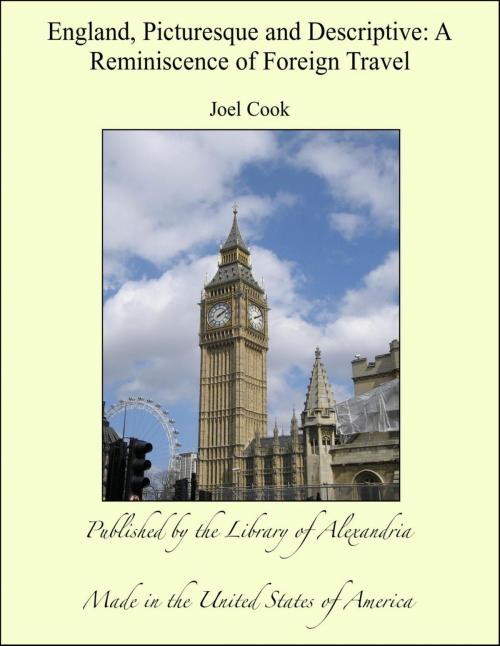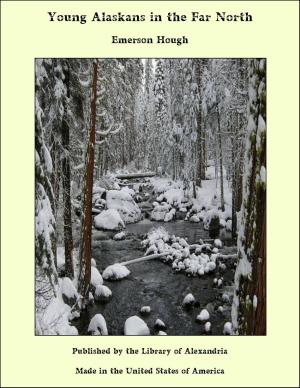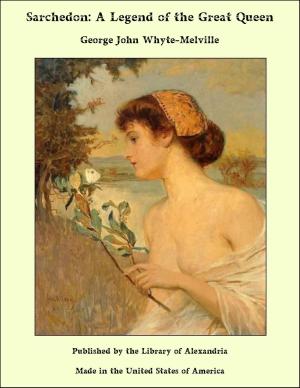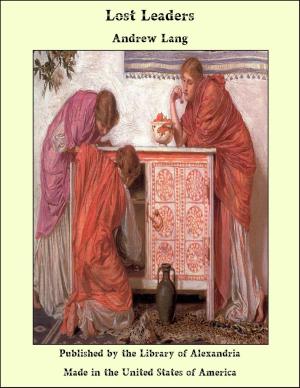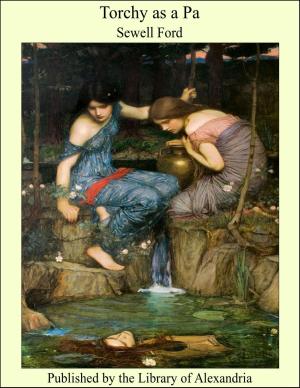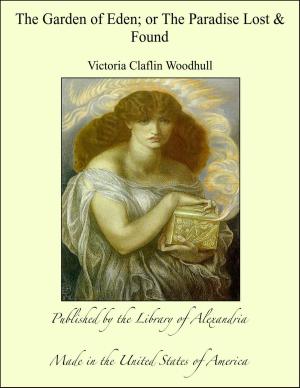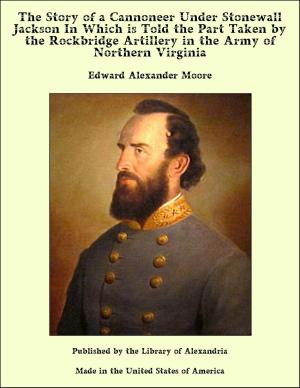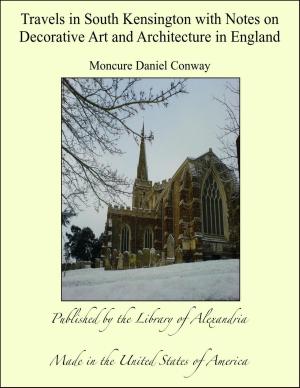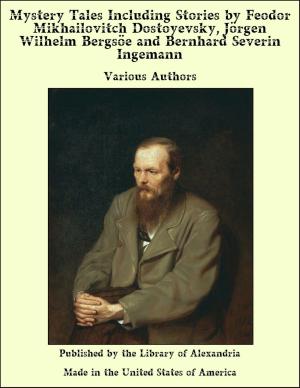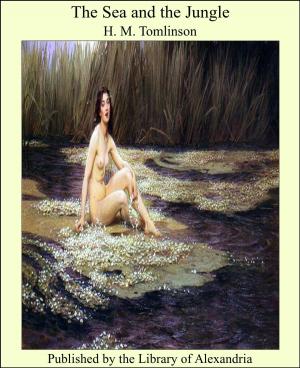England, Picturesque and Descriptive: A Reminiscence of Foreign Travel
Nonfiction, Religion & Spirituality, New Age, History, Fiction & Literature| Author: | Joel Cook | ISBN: | 9781465574060 |
| Publisher: | Library of Alexandria | Publication: | March 8, 2015 |
| Imprint: | Language: | English |
| Author: | Joel Cook |
| ISBN: | 9781465574060 |
| Publisher: | Library of Alexandria |
| Publication: | March 8, 2015 |
| Imprint: | |
| Language: | English |
No land possesses greater attractions for the American tourist than England. It was the home of his forefathers; its history is to a great extent the history of his own country; and he is bound to it by the powerful ties of consanguinity, language, laws, and customs. When the American treads the busy London streets, threads the intricacies of the Liverpool docks and shipping, wanders along the green lanes of Devonshire, climbs Alnwick's castellated walls, or floats upon the placid bosom of the picturesque Wye, he seems almost as much at home as in his native land. But, apart from these considerations of common Anglo-Saxon paternity, no country in the world is more interesting to the intelligent traveller than England. The British system of entail, whatever may be our opinion of its political and economic merits, has built up vast estates and preserved the stately homes, renowned castles, and ivy-clad ruins of ancient and celebrated structures, to an extent and variety that no other land can show. The remains of the abbeys, castles, churches, and ancient fortresses in England and Wales that war and time together have crumbled and scarred tell the history of centuries, while countless legends of the olden time are revived as the tourist passes them in review. England, too, has other charms than these. British scenery, though not always equal in sublimity and grandeur to that displayed in many parts of our own country, is exceedingly beautiful, and has always been a fruitful theme of song and story.
No land possesses greater attractions for the American tourist than England. It was the home of his forefathers; its history is to a great extent the history of his own country; and he is bound to it by the powerful ties of consanguinity, language, laws, and customs. When the American treads the busy London streets, threads the intricacies of the Liverpool docks and shipping, wanders along the green lanes of Devonshire, climbs Alnwick's castellated walls, or floats upon the placid bosom of the picturesque Wye, he seems almost as much at home as in his native land. But, apart from these considerations of common Anglo-Saxon paternity, no country in the world is more interesting to the intelligent traveller than England. The British system of entail, whatever may be our opinion of its political and economic merits, has built up vast estates and preserved the stately homes, renowned castles, and ivy-clad ruins of ancient and celebrated structures, to an extent and variety that no other land can show. The remains of the abbeys, castles, churches, and ancient fortresses in England and Wales that war and time together have crumbled and scarred tell the history of centuries, while countless legends of the olden time are revived as the tourist passes them in review. England, too, has other charms than these. British scenery, though not always equal in sublimity and grandeur to that displayed in many parts of our own country, is exceedingly beautiful, and has always been a fruitful theme of song and story.
